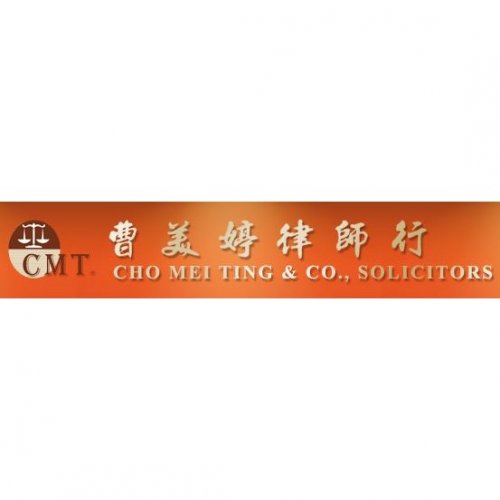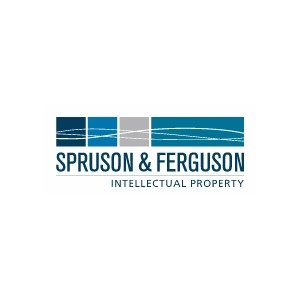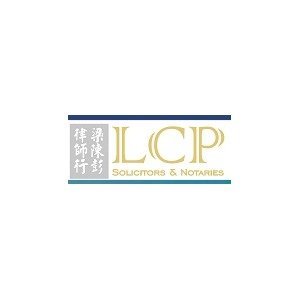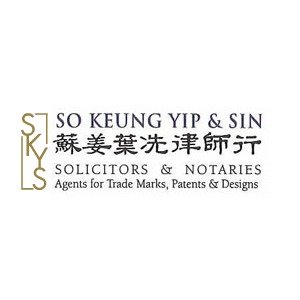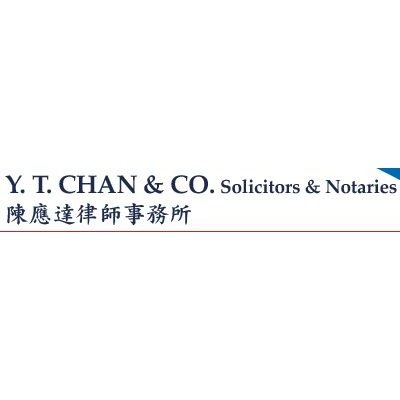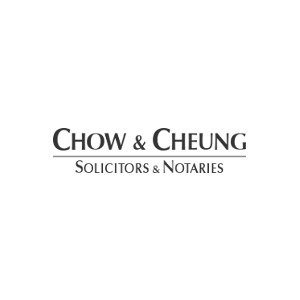Best Patent Lawyers in Hong Kong
Share your needs with us, get contacted by law firms.
Free. Takes 2 min.
Or refine your search by selecting a city:
List of the best lawyers in Hong Kong
About Patent Law in Hong Kong
Patent law in Hong Kong is governed by the Patents Ordinance (Cap. 514) and its subsidiary legislation. Hong Kong offers two types of patents: standard patents and short-term patents. A standard patent is protected for up to 20 years, while a short-term patent can last for up to 8 years and is quicker to process. Patents are a vital tool for protecting inventions and ensuring that inventors can capitalize on their innovations.
Why You May Need a Lawyer
Patent law can be intricate, and engaging a lawyer is often essential for the following reasons:
- Ensuring that your invention is eligible for patent protection.
- Handling the complex application process and documentation.
- Defending your patent in case of infringement or disputes.
- Navigating international patent applications if you wish to protect your invention outside Hong Kong.
- Conducting a patent search to ensure your invention is novel.
Local Laws Overview
Hong Kong operates under a re-registration system for standard patents, which involves two principal steps. Initially, an applicant must file an application with one of the three designated patent offices: UK, European Patent Office (in respect of a UK-designated patent), or China. Subsequently, they must apply for registration and grant in Hong Kong. For short-term patents, applications are made directly in Hong Kong and require a search report prepared by one of several international authorities. The Patents Examination Guidelines provide detailed guidance on procedural and substantive requirements.
Frequently Asked Questions
What is the difference between a standard patent and a short-term patent?
A standard patent offers protection for up to 20 years, while a short-term patent protects for up to 8 years and is typically used for inventions with a short market life.
Can I apply for a patent in Hong Kong without professional help?
While it's possible to apply for a patent independently, legal assistance is recommended to ensure that your application is correctly filed and your rights are fully protected.
What can be patented in Hong Kong?
An invention can be patented if it is new, involves an inventive step, and is susceptible of industrial application. It must also not fall under excluded categories such as scientific theories or methods of diagnosis.
How long does it take to obtain a patent?
The process and timeline vary. A standard patent registration can take several years due to the two-stage process, whereas a short-term patent usually processes much faster.
Is my Hong Kong patent valid internationally?
No, a Hong Kong patent offers protection only within Hong Kong. However, you may seek patent protection in other countries by filing separately in those jurisdictions.
What should I do if someone uses my patent without permission?
You can take legal action for patent infringement, which may include seeking damages or an injunction. Engaging a lawyer is crucial in this scenario.
Can software be patented in Hong Kong?
In Hong Kong, a computer program alone is not patentable unless it produces a technical effect that goes beyond the normal interactions between the software and hardware.
What is a "grace period" in patent filing?
A grace period allows an inventor to file a patent application within 12 months of any public disclosure of the invention, preventing the disclosure from being deemed prior art.
Who owns the patent rights in a workplace invention?
Typically, patent rights for an invention made in the course of employment belong to the employer, unless stipulated otherwise in an employment contract or agreement.
Are renewals required to maintain a patent in Hong Kong?
Yes, patent renewal fees are required periodically to keep the patent in force. Failure to pay these fees may result in the patent lapsing.
Additional Resources
For further assistance with patents in Hong Kong, you can refer to the following organizations and resources:
- Intellectual Property Department (IPD) of Hong Kong
- Hong Kong Institute of Patent Attorneys
- Local libraries and online databases with patent information
- World Intellectual Property Organization (WIPO) resources
Next Steps
If you are considering patenting an invention or require legal advice regarding an existing patent, consider the following approaches:
- Consult with a registered patent attorney familiar with Hong Kong's patent system for tailored assistance.
- Perform preliminary research on existing patents to understand the landscape and avoid potential conflicts.
- Explore educational resources and workshops provided by the Intellectual Property Department to better understand your options.
- Consider filing provisional applications to establish an early filing date.
- Prepare the necessary documentation and outline the specifics of your invention, optionally seeking legal review before filing.
Lawzana helps you find the best lawyers and law firms in Hong Kong through a curated and pre-screened list of qualified legal professionals. Our platform offers rankings and detailed profiles of attorneys and law firms, allowing you to compare based on practice areas, including Patent, experience, and client feedback.
Each profile includes a description of the firm's areas of practice, client reviews, team members and partners, year of establishment, spoken languages, office locations, contact information, social media presence, and any published articles or resources. Most firms on our platform speak English and are experienced in both local and international legal matters.
Get a quote from top-rated law firms in Hong Kong — quickly, securely, and without unnecessary hassle.
Disclaimer:
The information provided on this page is for general informational purposes only and does not constitute legal advice. While we strive to ensure the accuracy and relevance of the content, legal information may change over time, and interpretations of the law can vary. You should always consult with a qualified legal professional for advice specific to your situation.
We disclaim all liability for actions taken or not taken based on the content of this page. If you believe any information is incorrect or outdated, please contact us, and we will review and update it where appropriate.
Browse patent law firms by city in Hong Kong
Refine your search by selecting a city.





